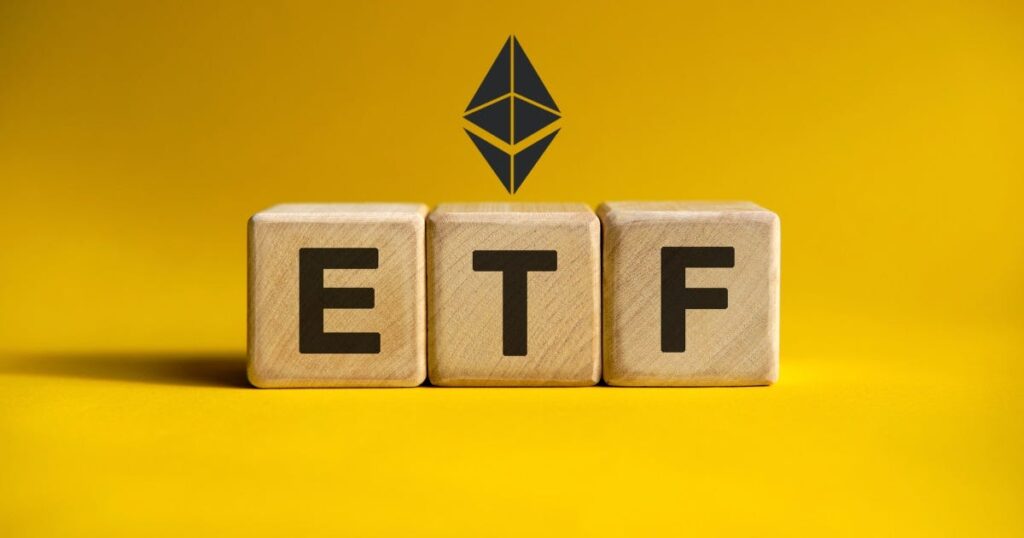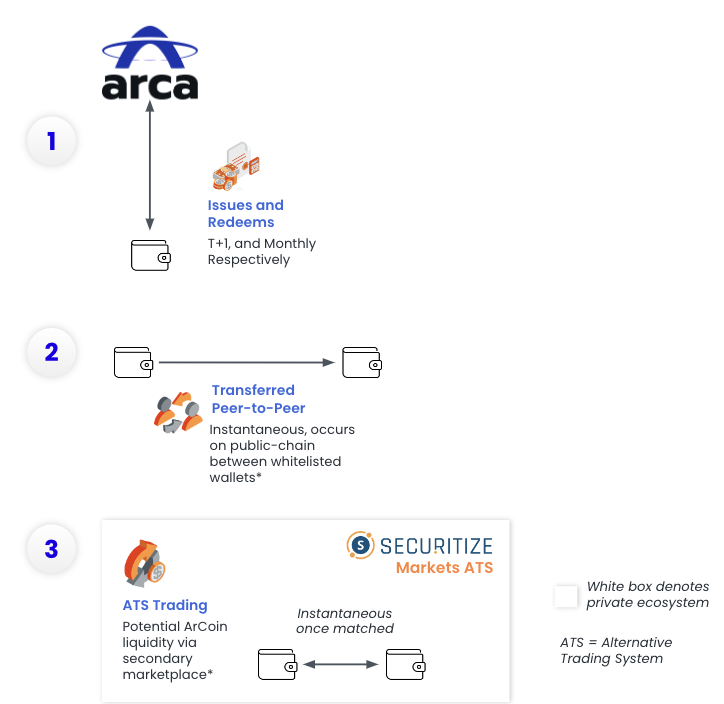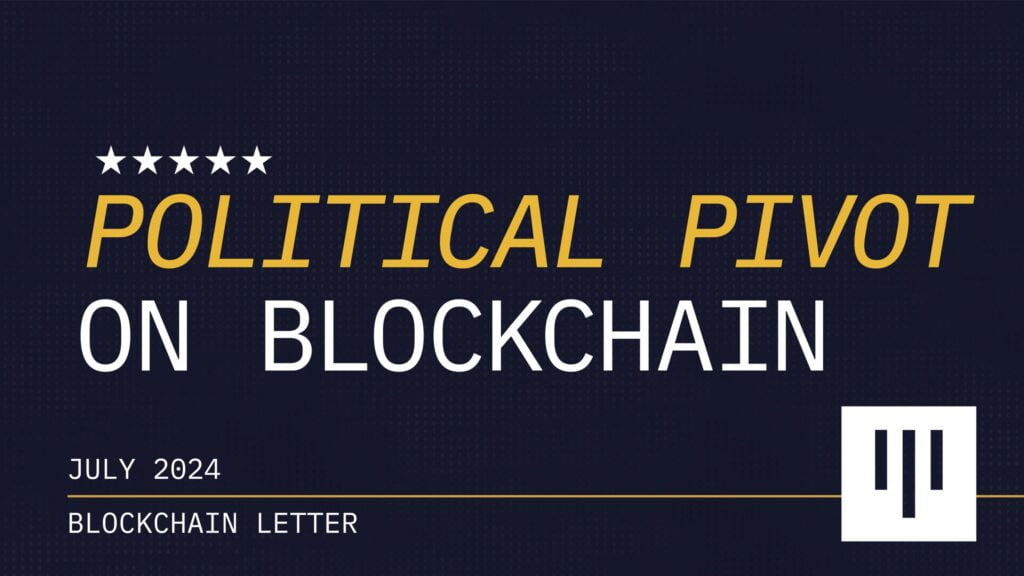Podcast Summary
- Guest introduction: Ed Felten and Raul Jordan discuss Arbitrum’s advancements and Ethereum’s scalability roadmap.
- Arbitrum’s BOLD is their third-generation dispute resolution protocol.
- Stylus allows developers to write smart contracts in any programming language, compile them into WebAssembly, and run them on an EVM-compatible chain.
- Orbit technology allows users to have their own chain, customized and leveraging Arbitrum’s features.
- Ethereum’s roadmap has seen significant progress, with the Prism client running a large portion of Ethereum mainnet.
- Ethereum is focusing on upgrades that benefit Roll-Ups, viewing L2s as the primary scaling solution.
- Ethereum’s identity and direction have become clearer over the years, especially with the advent of L2-focused upgrades.
Key Takeaways
- Arbitrum’s BOLD: A significant step forward in dispute resolution for the platform.
- Stylus: A game-changer for developers, allowing more flexibility in smart contract development.
- Ethereum’s Identity: The platform has solidified its identity as a premier, censorship-resistant data availability chain, with a clear focus on L2 scaling solutions.
Sentiment Analysis
- Bullish: The advancements in Arbitrum and Ethereum’s clear direction towards L2 solutions indicate strong positive momentum for the platforms.
- Neutral: While there are significant advancements, there are also challenges and risks associated with the crypto landscape.
- Bearish: No specific bearish sentiments were expressed in the podcast segment.













